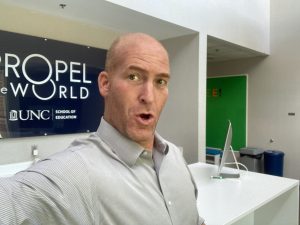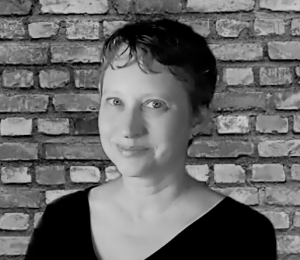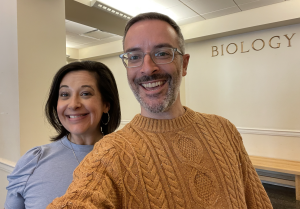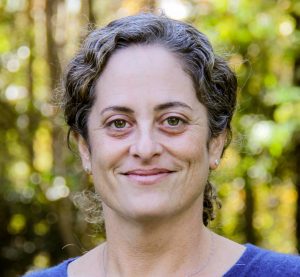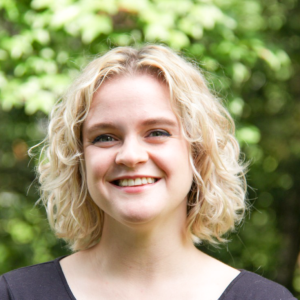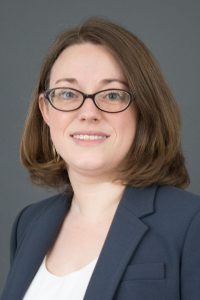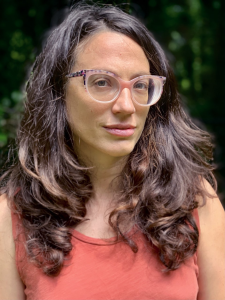CFE Lenovo 2022-2023 Projects
CFE Lenovo 2022-2023 Projects
Improving Social (Data) Science Undergraduate Training Through Technology and GamificationThis project develops new core course materials for POLI281 – Data in Politics I. POLI 281 introduces students to the fundamentals of quantitative data management, description, and analysis. While Poli281 has been a successful course, many students still struggle with the abstract nature of the skills, and with developing the strong foundation they need to use quantitative data in their own lives and careers. Our project will reorganize the course into set skill modules; develop a set of low-stakes evaluations to better gauge student progress and trouble-shoot areas of concern; and—most critically—create a new system of homework projects based on capture-the-flag-style computational challenges. Our goal is to improve data literacy for all students, regardless of backgrounds, and ensure that all UNC students have the tools they need to succeed in an increasingly data-driven world. |
PI: Lucy Martin, Political Science |
VR Piazza Italiana: Learning Language and Culture Through Presence and EmbodimentPiazza Italiana is a live-in, literally, textbook for beginners Italian. It foresees the time in which a great deal of learning will happen in the Metaverse. Students access WebXR/VR spatialized environments, at present a gelato shop and a market place custom built in Mozilla Hubs, where they practice their lesson’s topics immersed in a social VR task-based scenario that leverages haptics, kinetics and 3D objects to enhance a sense of presence and cultural belonging. Along with the environments, we are developing instruments to test student receptivity and motivation and how effective they are in helping students achieve the linguistic and cultural learning objectives of their course. We are piloting in two basic phases, with different cohorts, carried out in Fall 2022 and Spring 2023. The questions we pose and answer forthcoming will undoubtedly guide our and others’ future work in this field. |
Headshot: (none) PIs: Lucia Binotti and Amy Chambless, Romance Studies |





